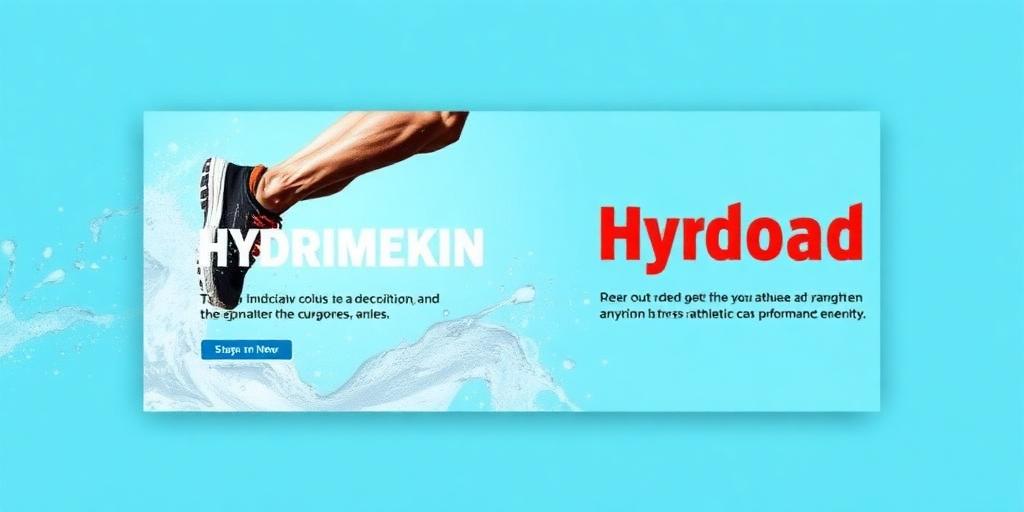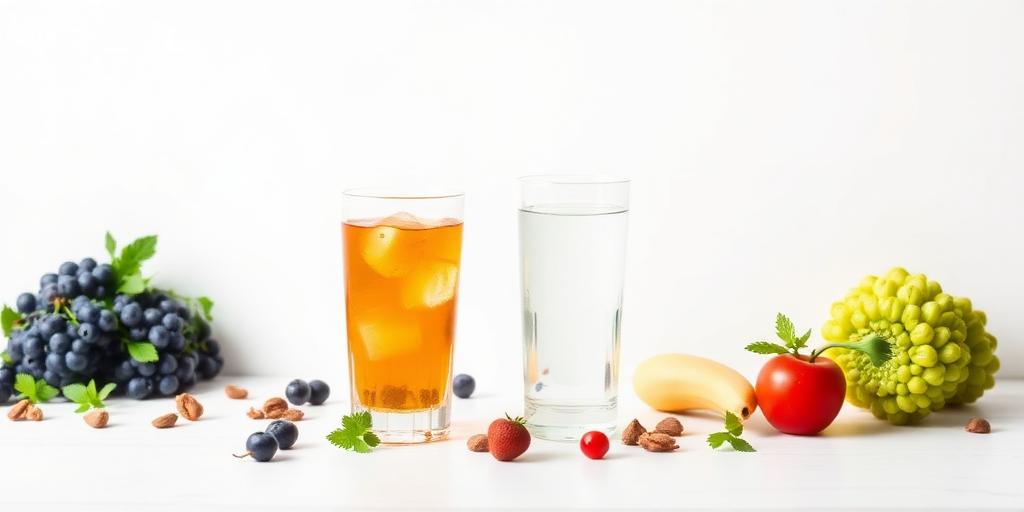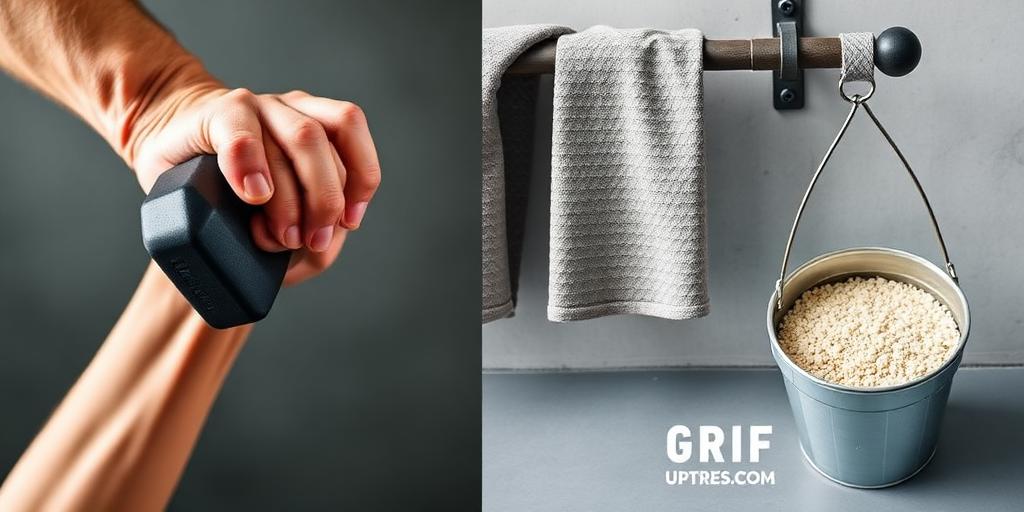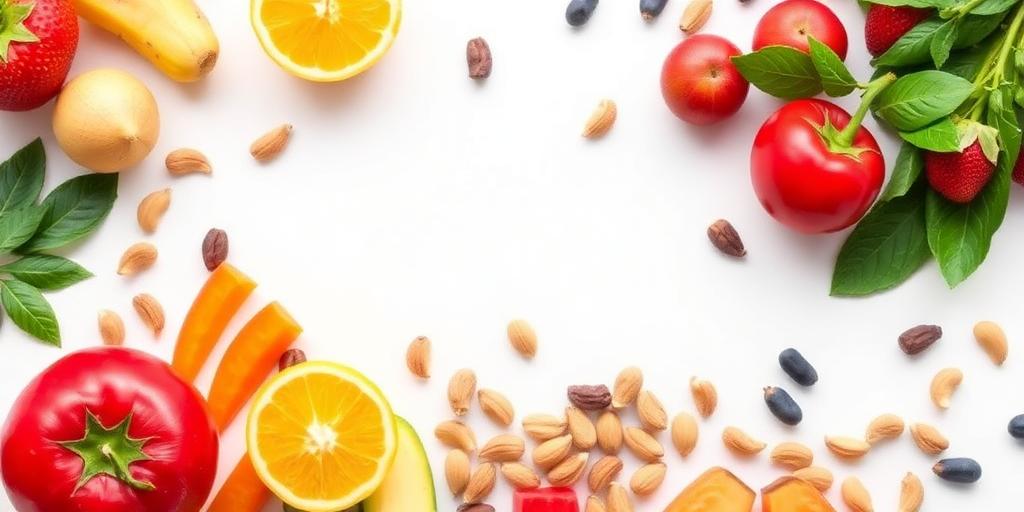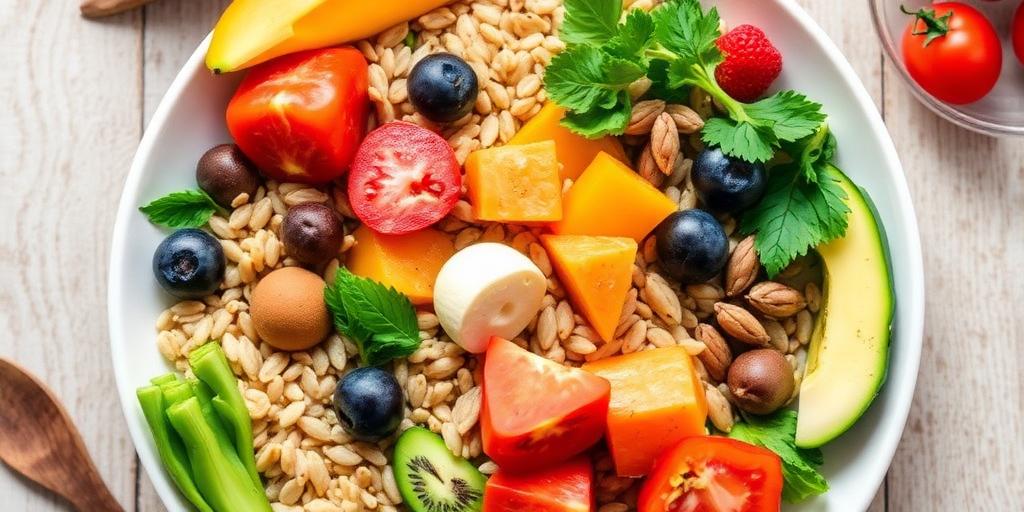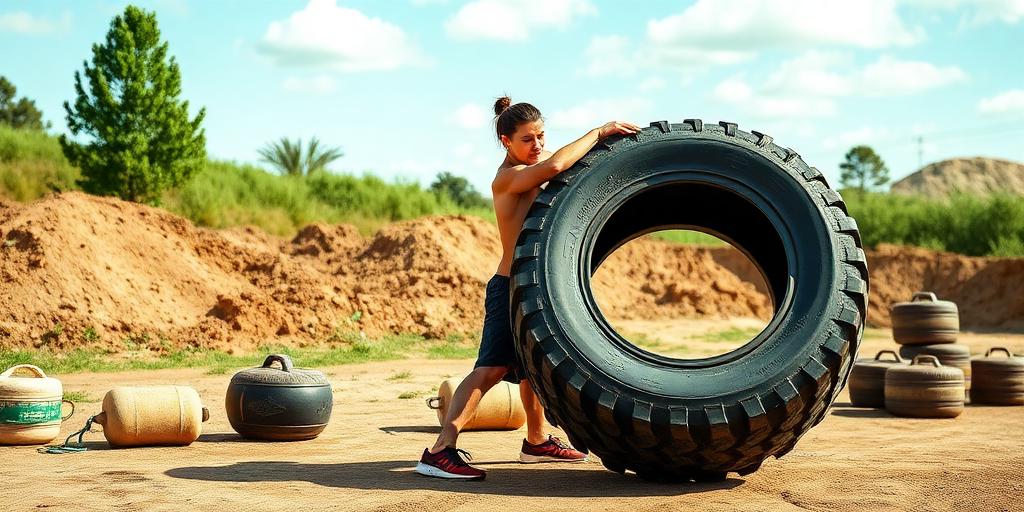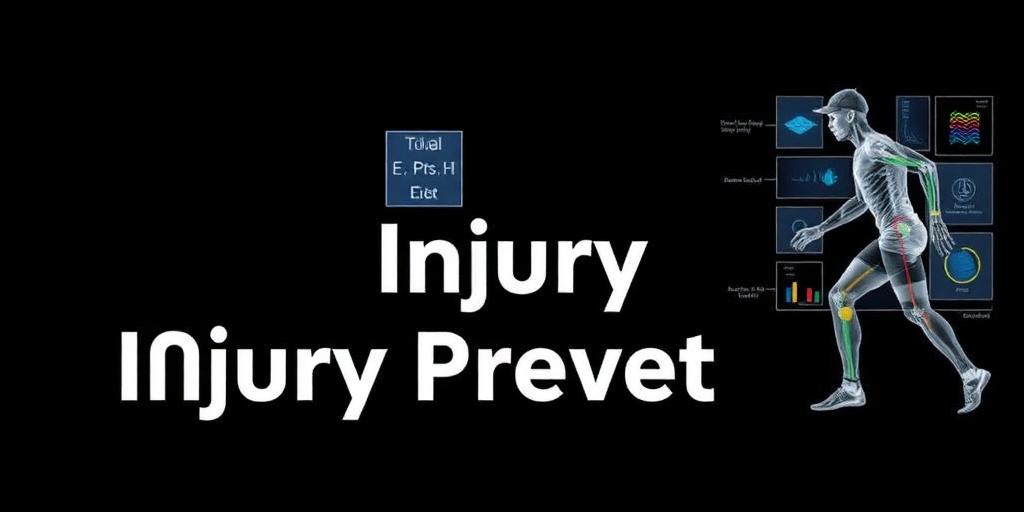Hydration Strategies for Endurance Athletes
Maintaining optimal hydration is crucial for endurance athletes to maximize performance and prevent health risks. This guide outlines effective hydration strategies tailored for endurance activities.
Understanding Hydration
Why Hydration Matters:
- Performance: Dehydration can lead to decreased endurance, strength, and cognitive function.
- Health: Proper hydration helps regulate body temperature and prevents heat-related illnesses.
Factors Affecting Hydration:
- Sweat Rate: Varies based on genetics, intensity, duration, and environmental conditions.
- Environment: Hot and humid conditions increase sweat rate.
- Exercise Intensity: Higher intensity leads to greater fluid loss.
Pre-Exercise Hydration
Goal: Start exercise well-hydrated.
- Fluid Intake:
- 2-3 hours before: Drink 5-7 ml of fluid per kg of body weight.
- Example: A 70kg athlete should drink 350-490 ml.
- Type of Fluid: Water or sports drinks with electrolytes.
- Urine Color: Aim for pale yellow urine.
During-Exercise Hydration
Goal: Replace fluids lost through sweat.
- Fluid Intake:
- General Guideline: 0.4-0.8 liters per hour, but adjust based on individual sweat rate.
- Monitor Sweat Rate: Weigh yourself before and after exercise to estimate fluid loss.
- Type of Fluid:
- Water: Suitable for shorter duration activities (less than 1 hour).
- Sports Drinks: Beneficial for longer activities, providing electrolytes and carbohydrates.
- Electrolyte Balance:
- Sodium: Essential for fluid balance and preventing hyponatremia (low blood sodium).
- Potassium, Magnesium: Also lost in sweat and important for muscle function.
- Practical Tips:
- Plan Ahead: Carry fluids or know where to access them.
- Drink Regularly: Don't wait until you feel thirsty.
- Practice: Experiment with different fluids and strategies during training.
Post-Exercise Hydration
Goal: Replenish fluid and electrolyte deficits.
- Fluid Intake:
- General Guideline: Drink 1.25-1.5 liters of fluid for every kg of body weight lost.
- Example: If you lose 1 kg during exercise, drink 1.25-1.5 liters.
- Type of Fluid:
- Water: Good for rehydration.
- Sports Drinks: Help replace electrolytes and provide carbohydrates for recovery.
- Electrolyte-Rich Foods: Consider foods like bananas (potassium) and salty snacks (sodium).
Practical Tips for Endurance Athletes
- Know Your Sweat Rate:
- Weigh yourself before and after training sessions to estimate fluid loss.
- Adjust your fluid intake accordingly.
- Listen to Your Body:
- Thirst is a late indicator of dehydration. Drink regularly.
- Monitor urine color to assess hydration status.
- Practice During Training:
- Experiment with different hydration strategies during training to find what works best for you.
- Consider Environmental Conditions:
- Adjust your fluid intake based on temperature and humidity.
- Avoid Overhydration:
- Drinking too much water can lead to hyponatremia.
- Balance fluid intake with electrolyte replacement.
Conclusion
Effective hydration strategies are essential for endurance athletes to optimize performance and prevent health risks. By understanding individual sweat rates, practicing hydration techniques, and tailoring fluid intake to the demands of exercise and environmental conditions, athletes can maintain proper hydration and achieve their endurance goals.

